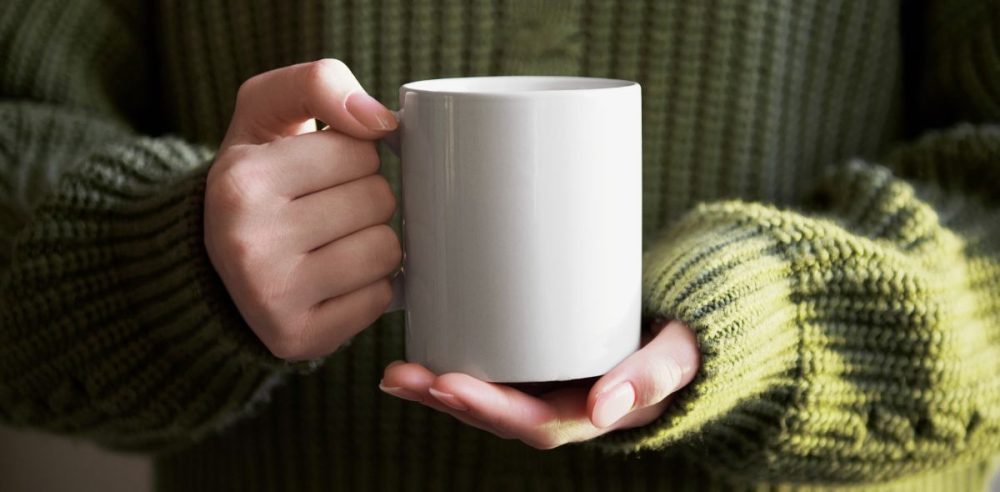A new study shows a link between tea and coffee consumption and a lower risk of certain cancers.
Researchers say people who consume the hot beverages have a reduced risk of developing head and neck cancer. While the findings do not directly prove tea and coffee protect against cancers, they help reveal more details about previously unknown relationships.
“While there has been prior research on coffee and tea consumption and reduced risk of cancer, this study highlighted their varying effects with different sub-sites of head and neck cancer, including the observation that even decaffeinated coffee had some positive impact,” said the study’s senior author, Dr. Yuan-Chin Amy Lee of Huntsman Cancer Institute and the University of Utah School of Medicine, per The Guardian.
Certain drinks, like coffee, contain polyphenols. These naturally occurring compounds help prevent healthy chemicals in the body from oxidation and decay and can slow the spread of cancer cells.
The latest research looked at data from more than a dozen studies covering over 9,500 people with head and neck cancers and just under 15,800 without. After adjusting for age, sex, cigarette smoking, alcohol use, and fruit and vegetable consumption, the researchers discovered that individuals who drink over four cups of caffeinated coffee each day have a 17% lower likelihood of getting head and neck cancers overall versus those who consume none.
Decaffeinated coffee was also linked to lower odds, but only with respect to cancer developing in the oral cavity.
Tea consumption showed a 9% lower chance of developing head and neck cancer, specifically in the lower throat.
However, the study was not without shortfalls, said Tom Sanders, a professor emeritus of nutrition and dietetics at King’s College London.
“In observational studies, it is very difficult to totally eliminate confounding effects, for example, of tobacco and alcohol from the statistical analysis… Consequently, people who drink a lot of coffee and tea may be more likely to avoid other harmful behaviours such as drinking alcohol and using tobacco and so may be at a lower risk of these cancers for other reasons,” said Sanders, per The Guardian.


